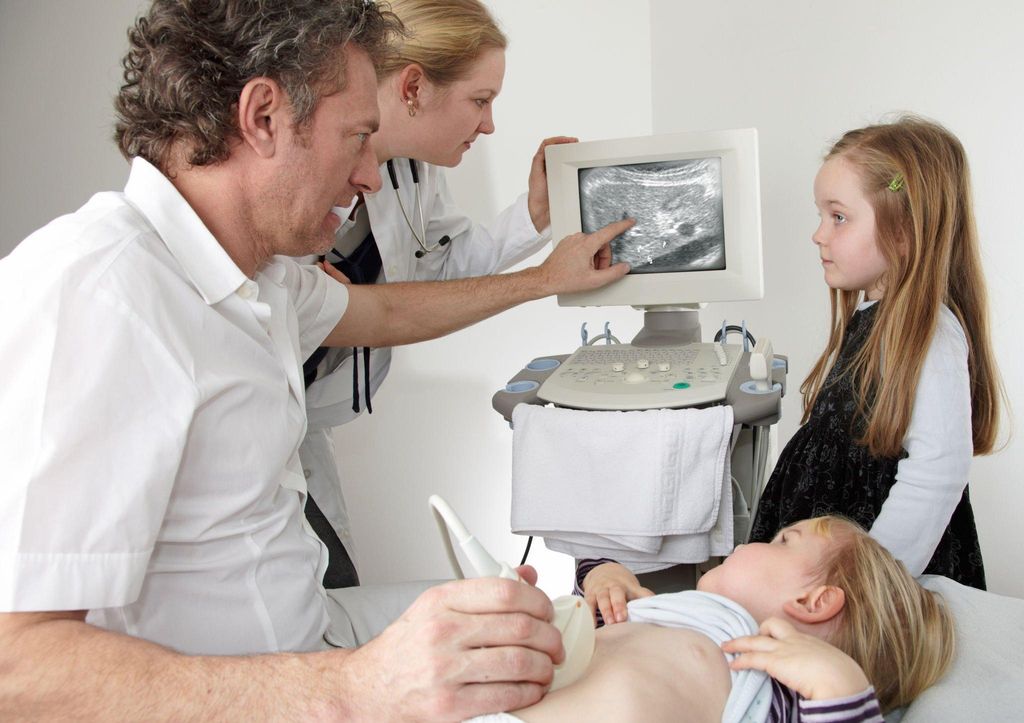Summary
This study aimed to evaluate the reliability of musculoskeletal ultrasound (MSUS) scoring systems for arthritis in pediatric elbow, wrist, and finger joints, as proposed by the Childhood Arthritis and Rheumatology Research Alliance (CARRA) MSUS workgroup. Seventeen pediatric rheumatologists with varying levels of MSUS expertise underwent training and calibration exercises for scoring B mode and power Doppler (PD) mode still images for each joint.
Interreader reliability was assessed using intraclass correlation coefficients (ICCs) for synovitis and Cohen Embedded Image for tenosynovitis. Excellent reliability (ICC > 0.75) was found after the first scoring exercise for all finger and elbow views on B mode and PD mode, as well as for all wrist views on B mode.
After a second training session and scoring exercise, the wrist PD mode views also achieved excellent reliability. The study concludes that the CARRA MSUS scoring systems demonstrate excellent reliability among pediatric MSUS sonographers with varying levels of expertise, suggesting the potential for these scoring systems to serve as clinical tools and scientific outcome measures after further validation.










